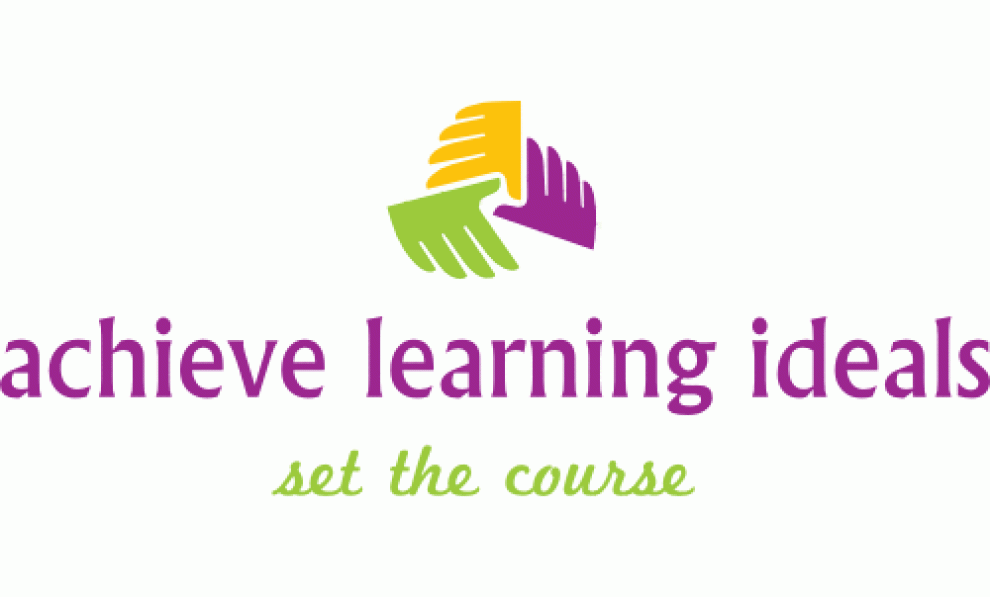What is “Higher Order Thinking” that is all the rage to chat about and to “enforce” (word chosen deliberately) but that many parents and students question is actually taking place?
As educators we read a lot about “asking open-ended questions” – HR personnel would be given the same advice. What then might it mean to truly encourage a student to move beyond the basics and to begin the process of not merely placing an opinion into an essay in the right spot (close to the end of paragraph 1- so the directions tell) but to actually have an opinion beyond -“it was good” or “I didn’t like it”?
Thinking is work- even when the thoughts are pleasurable. Our brains require a form of question response stimulus to actively be engaged, curious and participatory. Long a proponent of enrichment for everyone I was recently asked about how enrichment and gifted education might differ, and how enrichment could become the norm in classrooms; special education as a program that, while remaining distinct for specific reasons (to be looked at in another posting), becomes recognized and understood as necessary for all educators’ learning. Within the umbrella listings of Special Education is the basic recognition of differentiated teaching, individual communication, direct instruction and hands on experiential project assignments. The Special Education instructor is expected to be aware of how to “de-mystify” or make clear expectations, often one step at a time. In addition, the Special Education teacher is encouraged to become aware of how to and when to pivot, changing direction within a lesson even without waiting for “teaching moments”. This requires taking cues from the student or students and recognizing when a different approach, or even a mini break might be necessary to reengage students in the project at hand- in the ideal situation all students become gradually self aware, and more conscious of their own special interests, abilities, and dreams- yes – dreams- not just goals, for big picture expectations are also necessary within a school setting that moves from K-12 and up.
Children have opinions. Given the chance, children from the youngest up will wax enthusiastically about a topic of their choice that doesn’t seem to be school oriented– the latest cool toy, game, food, professional sport player, doll, how to play an activity that they feel is “fun”.** Now have them write that down. No grammar, punctuation or spell check- just free flowing commentary. Collect all the papers or use recipe -index size cards. Either way, collect them and shuffle them up before extracting a couple. Randomly read the piece out loud and gently correct the grammar or punctuation as necessary so that the student is the only one to hear the corrections while recognizing his/her idea being shared*- for it is about the ideas, not embarrassing a student- from the youngest up children recognize their “lack of” when it comes to school structure/expectations, and the purpose of the exercise is to engage students in discussing the ideas- grammar, punctuation, and style of expression are for the final drafts – this process is to allow even the youngest to begin to recognize and to defend the opinions shared. Create a T bar on the board or overhead and add to the idea while questioning if some agree/disagree; informal debating with opinions moving back and forth.
The next day have prepared 1/2 dozen samples of opinionated writing specific to the age group and level of the students. Please select some writing where opinions are clearly expressed and other writing where a reader has to search for the opinion (learning to infer at the same time). Also share some examples of less than stellar strong writing and have the students in small groups add to the “unfinished” samples. Often the examples shared by test administrators, the ones we as educators may have originally dismissed, become good to use for group work on improving the writing itself (in a test preparation sample packet are the exemplars, lower level exemplars minus any commentary may be used to spark student engagement when the students decide what was missing in the writing). Bottom line- students are practicing peer correction but not on their peers- no student made uncomfortable by a classmate’s noting of his/her mistakes. Again – it is the IDEAS that become central to the exercise as a whole, and the opportunity for the students to recognize for themselves why they felt something they were reading was incomplete.
Can everything be proven? NO! and sometimes students need to recognize that it is part of the learning to be able to recognize that more understanding may be necessary. Higher order thinking is actually a “fancy” formal name for questioning- to learn to question “why” = to learn to wonder how something was composed and / or what something is made of. Granted we aren’t all curious about the same things, but if we as educators are to be developing higher order thinking skills, then we must become curious and learn what our students think and wonder and worry about.
*please do this correction as part of the silent reading before sharing aloud- one of the reasons teacher shares- not passing papers or index cards to classmate
** for older students world issues and recent local events…

 Shel Silverstein: collection of poetry for children – Full lyrics to the Unicorn may be found in his book
Shel Silverstein: collection of poetry for children – Full lyrics to the Unicorn may be found in his book